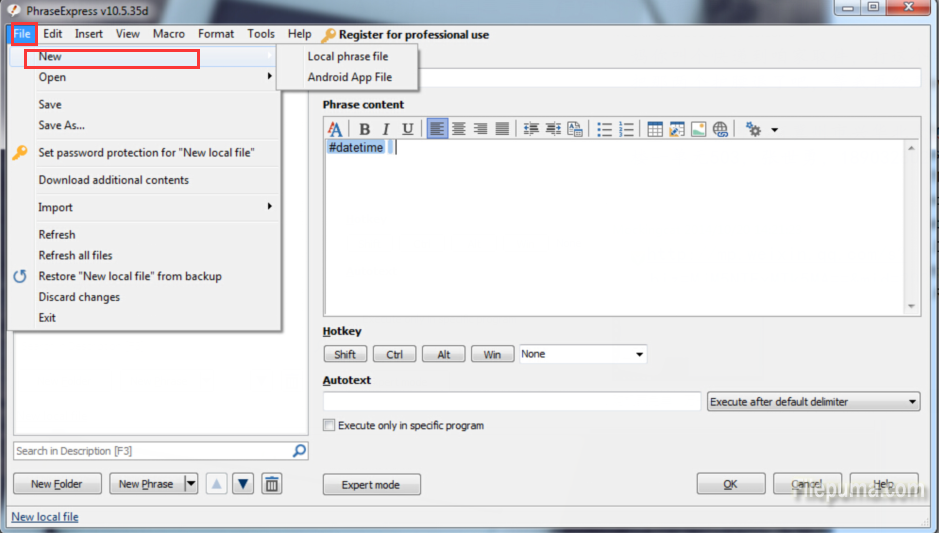

Take the first sentence in this paragraph: You can't replace the dash there with a semicolon, as that would mean splitting the "maybe" and "but" clauses into separate, not-directly-related clauses you just can't do that. Their semantics are too different for that to be possible, IMHO. Well, _maybe_ some authors use more dashes than they used to (I actually doubt that, but never mind) - but a dash is not a substitute for semicolon. The elitist snottiness is in assuming people live their lives on Twitter and the like. Semicolons, then, are snottily elitist and shadily indirect. The digital world churns Twitter is not an arena known for reflection. That sentence should have used a colon, not a semi-colon, IIANM. "The semicolon is a profound public mystery the only punctuation mark that regularly unites readers and writers in deep-seated repugnance." Usually I write sentences as they pop into my mind, then I edit them down into more numerous, shorter sentences. Which is the style I find is more commonly used in the U.S. I can write that way in English, up to some


Now, I can write that way in English -up to some limit to do with those ambiguities-, but when I do, I find it irritates certain readers. For example, gendered nouns/adjectives can help disambiguate various parts of a long sentence conversely, lacking gendered nouns/adjectives makes mixing multiple subjects and/or objects in one sentence much harder to pull off without causing severe ambiguities. So in Romance languages one often finds sentences as long as entire paragraphs are in English! That approach doesn't work well in English for a number of reasons. It's almost a game where you have to read the whole 50 word sentence before you can parse it fully, having to push onto a mental stack quite a lot of state that you can only pop at the very very end. My observation is that in Romance languages writers (and readers, presumably!) like to create long sentences with lots of sub-clauses.


 0 kommentar(er)
0 kommentar(er)
